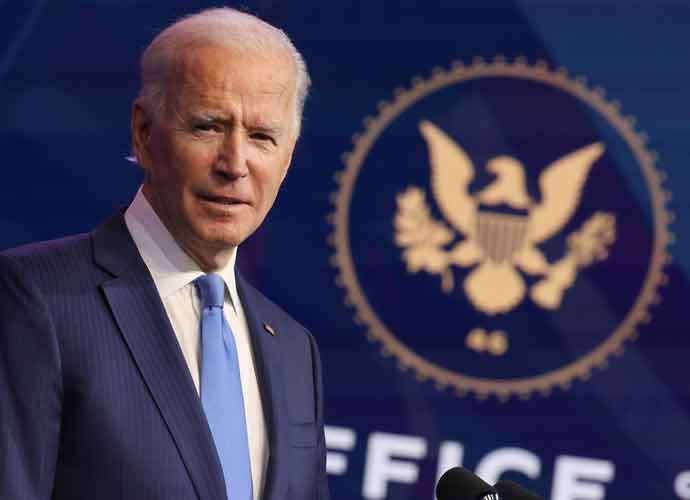Biden’s Child Tax Credit, Which Cut Poverty Among Young By One-Third, Ending
The child tax credit’s pandemic expansion, in which the Biden administration gave millions of American families a child benefit each month since July, has ended. The payments amounted to hundreds of dollars a month for most families. It kept millions of children out of poverty and injected billions of dollars into the U.S. economy.
Democrats hoped to extend the program in Biden’s Build Back Better Act but that has stalled in the Senate and its fate remains uncertain.
The benefit is ending as the latest surge of Covid-19 has forced more people home and led to more layoffs. Economists warn that the combination of the rising pandemic threat and the end of aid to struggling families could severely harm the economy. It can also plunge millions of families below the poverty line.
This is not the only form of U.S. pandemic aid that has ended. The Paycheck Protection Program, which bolstered thousands of small businesses, expired in March. The stimulus payments were issued in the spring. The federal eviction moratorium ended over the summer. The expansion of unemployment benefits ended in September, or earlier depending on state.
Subscribe to our free weekly newsletter!
A week of political news in your in-box.
We find the news you need to know, so you don't have to.
In comparison to the other programs, the child tax credit is much lower. The Treasury Department paid over $240 billion in stimulus payments on a single day last March. For the child benefit, it paid about $80 billion over six months.
According to many of the politicians who backed the child benefit, the child benefit was one of the few pandemic response programs that was not meant to be temporary. Congress approved its implementation for one year as part of the $1.9 trillion American Rescue Plan. However, many progressives hoped that the benefit would prove so helpful that it would be continued.
The failure to prolong the benefit has frustrated many, especially because most data shows that it has been a resounding success. Columbia University researchers estimated that it saved 3.8 million children from poverty, reducing the child poverty rate by nearly a third. Other data determined that the benefit reduced hunger, allowed families to purchase necessities and pay down debt, and increased consumer spending, thereby boosting the economy.
Conservatives have criticized the benefit program, referring to their classic mantra that aid discourages work or otherwise harms the economy. However, research has shown the opposite.
Research has shown that child benefits often increase adults’ likelihood to work.
Get the most-revealing celebrity conversations with the uInterview podcast!







Leave a comment